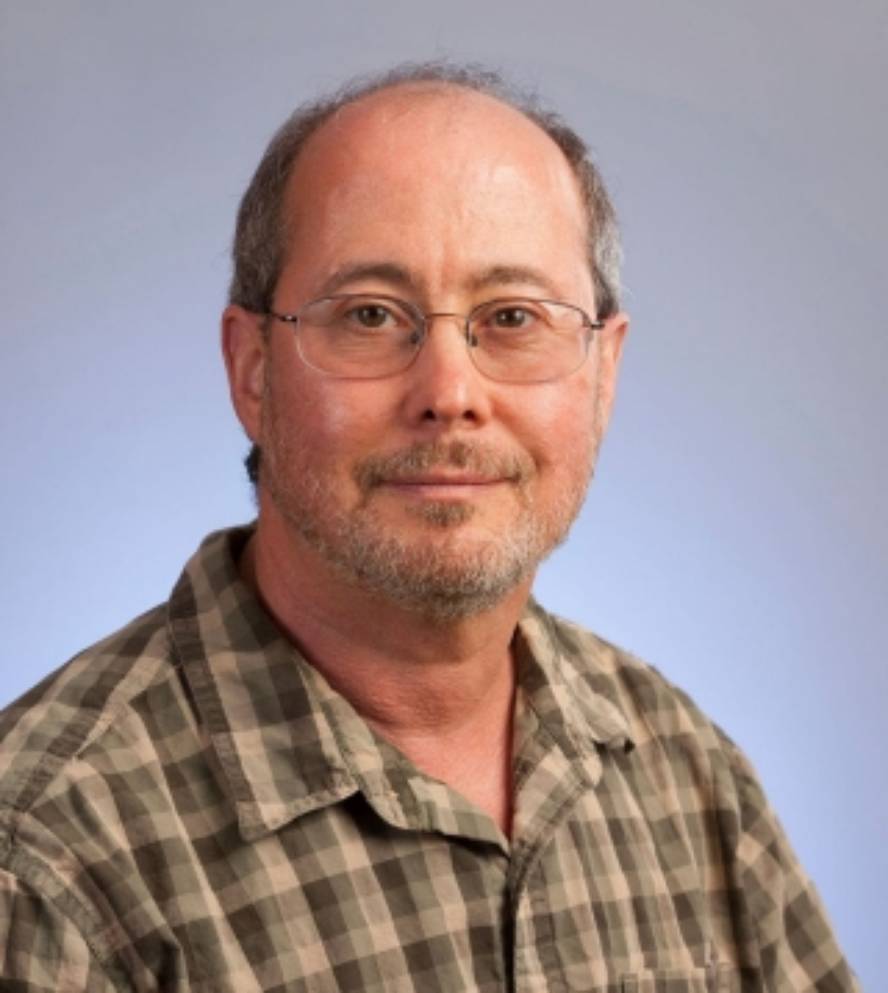Revolutionary neuroscientist Ben Barres dies
Ben Barres died on 27 December 2017, at age 63, from pancreatic cancer. A brilliant neuroscientist, also known as the “guru of the glia”, whose work was and is fundamental to know this type of brain cells. Before, the researchers gave all the importance to neurons, believing that they performed all the functions of the brain. Ben Barres, however, showed that glia cells (9 out of 10 of the brain cells that form glia) performed important functions and that they should be taken into account to know the brain and understand the diseases related to it.
This is stated by Carlos Matute Almau Achucarro, scientific director of the Neuroscience Research Center: "Barres was a pioneer whose work opened a whole field of research. Among other things, it showed that a type of glia cells, astrocytes, had receptors for neurotransmitters, until then it was considered that they only had neurons. That was a revolution. He clarified the function of astrocytes in the creation and decomposition of synapses and created protocols and techniques for the cultivation of oligodendrocytes (another type of glia cells) in the laboratory, which we currently use in our laboratory. The truth is that in our day to day we constantly resort to the database that has created with the genes that are expressed in the glia, an indispensable reference for us".
Matute has good words on a personal level: "In the early 1990s, in 1991, he published a method for the cultivation of oligodendrocytes. The day I read it was a year and wrote it to ask for the method. When I went to the lab on New Year's Day, I was there. This shows that he lived dedicated to research and was really generous."
Almau recalls that he was also a pro-equity entrepreneur. It was precisely a transa. At birth he was given the name of Barbara and was already a researcher. It has a curious anecdote. At a glias conference at Whitehead Institute, a researcher heard Ben lecture and, believing he was Barbara's brother, claimed he was better scientist than his sister Ben. Living gender discrimination on her skin, she opted for the rights of women and LGTBI+ people in her personal and academic life.
Lastly, Matute has also praised his work as a mentor: "In this field I have also learned a lot from him. During their research career, nowhere do they teach you how to be a good teacher. So I owe a lot to the advice Barres has written to be a good mentor, because they taught me the way."






